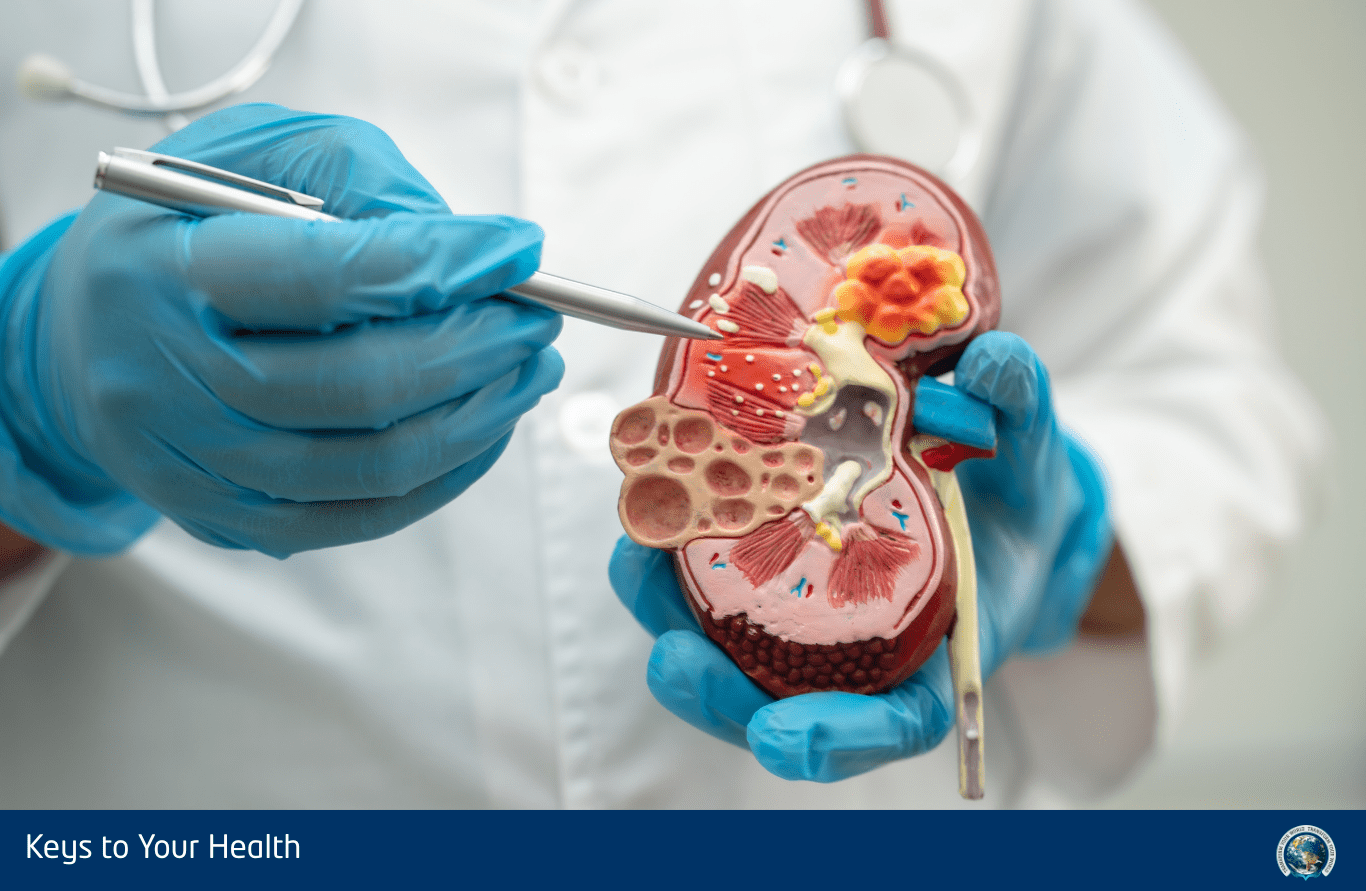The gut, also known as the gastrointestinal tract, is a complex system responsible for digesting food, absorbing nutrients, and eliminating waste. It plays a crucial role in overall health, influencing everything from immune function to mental well-being. The gut is home to trillions of microorganisms, collectively known as the gut microbiome, which help regulate digestion, protect against harmful pathogens, and even impact mood and brain function. Maintaining a balanced and healthy gut is essential for overall well-being, as it affects nearly every system in the body.
The Gut Health Connection to Overall Well-Being
Scientists have increasingly recognized that gut health is directly linked to various aspects of physical and mental health. Poor gut health has been associated with conditions such as irritable bowel syndrome (IBS), autoimmune diseases, allergies, skin issues, and even mental health disorders like anxiety and depression. A balanced gut microbiome ensures better digestion, a stronger immune system, and improved energy levels.
Signs of an Unhealthy Gut
An unhealthy gut can manifest in multiple ways, including:
- Frequent bloating and indigestion
- Chronic fatigue and lack of energy
- Skin conditions like acne or eczema
- Food intolerances and sensitivities
- Weakened immune function, leading to frequent colds
- Mood disorders, anxiety, or brain fog
Ways to Heal the Gut Naturally
If you’re experiencing gut-related issues, there are several natural ways to restore balance and improve overall health:
Improve Your Diet
- Consume a variety of fiber-rich foods, such as vegetables, fruits, and whole grains.
- Incorporate fermented foods, such as yogurt, kimchi, kefir, and sauerkraut, to promote the growth of beneficial bacteria.
- Avoid processed foods, excess sugar, and artificial sweeteners, which can disrupt the gut microbiome.
Stay Hydrated
- Drinking enough water helps with digestion and the absorption of nutrients.
- Electrolyzed Reduced Water (ERW) has been shown to support gut health by improving hydration and reducing oxidative stress.
Reduce Stress Levels
- Chronic stress negatively impacts gut health by altering the microbiome.
- Engage in stress-reducing activities, such as meditation, exercise, and deep breathing techniques.
Get Enough Sleep
- Poor sleep patterns can contribute to gut imbalances and increase inflammation.
- Aim for 7-9 hours of quality sleep per night to support gut healing.
Take Probiotics and Prebiotics
- Probiotics introduce beneficial bacteria, while prebiotics serve as food for these bacteria.
- A diet rich in prebiotic foods, such as garlic, onions, and bananas, can encourage the growth of beneficial bacteria.
Scientific Research on Gut Health and Healing
- Gut Microbiome and Disease Prevention – Research from the National Institutes of Health (NIH) suggests that a healthy gut microbiome can reduce the risk of metabolic disorders, including obesity and diabetes.
- The Role of Probiotics in Digestive Health – A systematic review found that probiotics significantly improve symptoms of IBS and other digestive disorders.
- The Gut-Brain Axis – Studies have demonstrated a strong connection between gut health and mental health, underscoring how gut bacteria impact mood and cognitive function.
Final Thoughts
Your gut is the foundation of your health, impacting digestion, immunity, and even your mental state. By adopting healthy dietary habits, staying hydrated, managing stress, and getting sufficient rest, you can naturally help your gut heal. Remember, true healing starts from within—nourish your gut, and your entire body will thank you!



